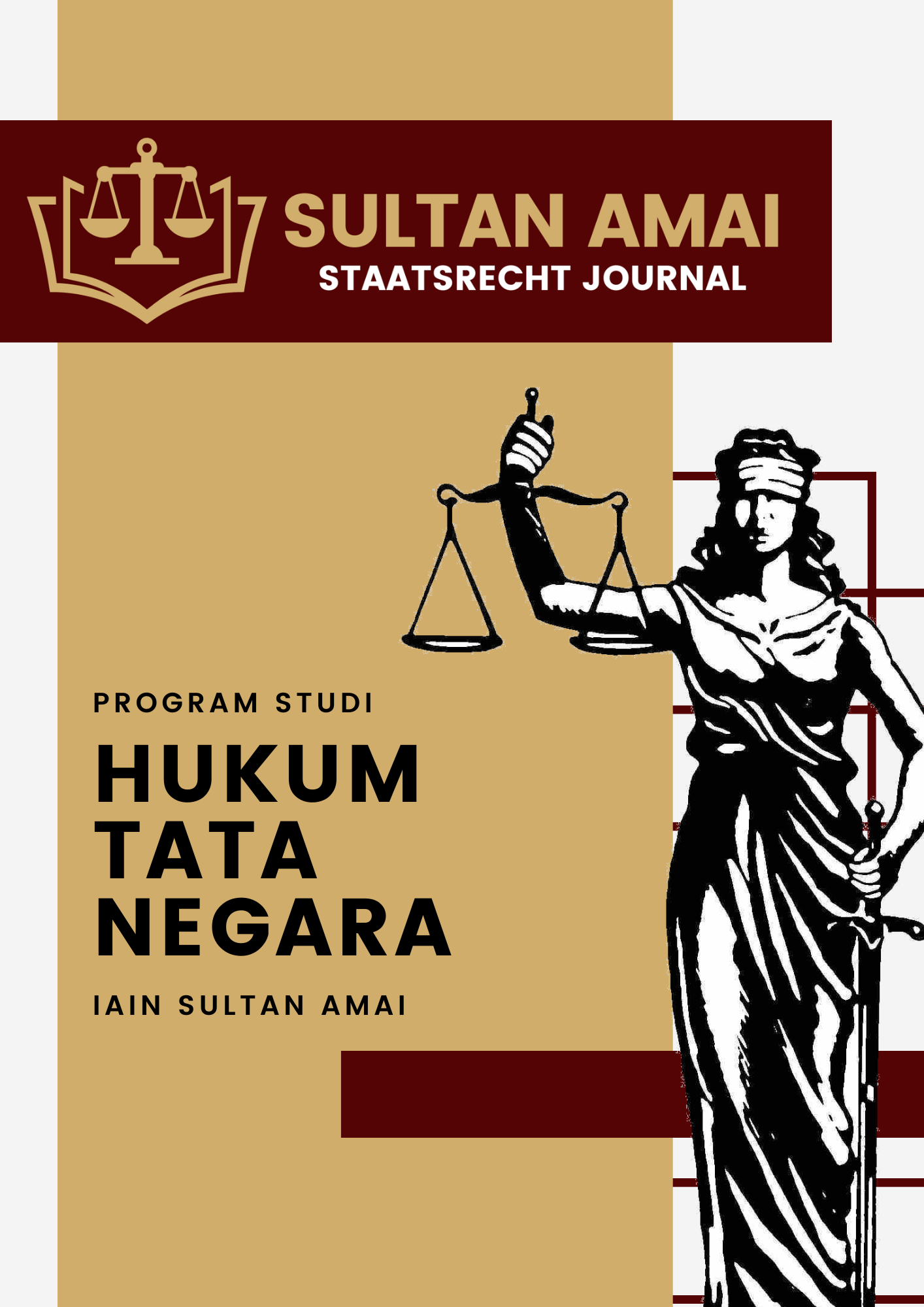PROBLEMATIKA PEMUTUSAN BANTUAN SOSIAL BAGI MASYARAKAT AKIBAT TIDAK MENGIKUTI VAKSINASI DITINJAU DARI UNDANG UNDANG NOMOR 39 TAHUN 1999 TENTANG HAK ASASI MANUSIA (SUDI KASUS DI KELURAHAN KOTOBANGON)
Keywords:
Social Assistance, Vaccination, Human RightsAbstract
The Problem of Disconnection of Social Assistance for the Community Due to Not Participating in Vaccination is reviewed from Law Number 39 of 1999 concerning Human Rights Case Study in Kotobangon Village. This research aims to clarify the policies issued by the government in order to strengthen the mission of community benefits in terms of social and economic aspects. The method used in this study is the empirical juridical method. To obtain maximum results, the author uses data collection techniques in the form of observation, interviews and documentation. Meanwhile, the data analysis technique is carried out through three stages, namely: data reduction, data presentation, and conclusion drawn.
Meanwhile, the data analysis technique is carried out through three stages, namely: data reduction, data presentation, and conclusion drawn. Based on the results of the research obtained by the researcher: a). In the distribution of social assistance, there is a mistake where the government decides on social assistance recipients due to not participating in vaccinations, this is in line with Presidential Regulation Number 14 of 2021 concerning mandatory vaccination for social assistance recipients. b). The stages of implementing the termination of social assistance carried out by the government indirectly violate human rights obtained from birth. c). Furthermore, after the implementation of Presidential Regulation Number 14 of 2021 in the distribution of Social Assistance, the pros and cons of the community in the distribution of social assistance arrived. In this case, indirectly, the values contained in Law Number 39 of 1999 concerning Human Rights do not run in accordance with the sound of the article, even causing distrust of the government because it considers that it does not think about the benefits of fulfilling the basic needs of the poor.













